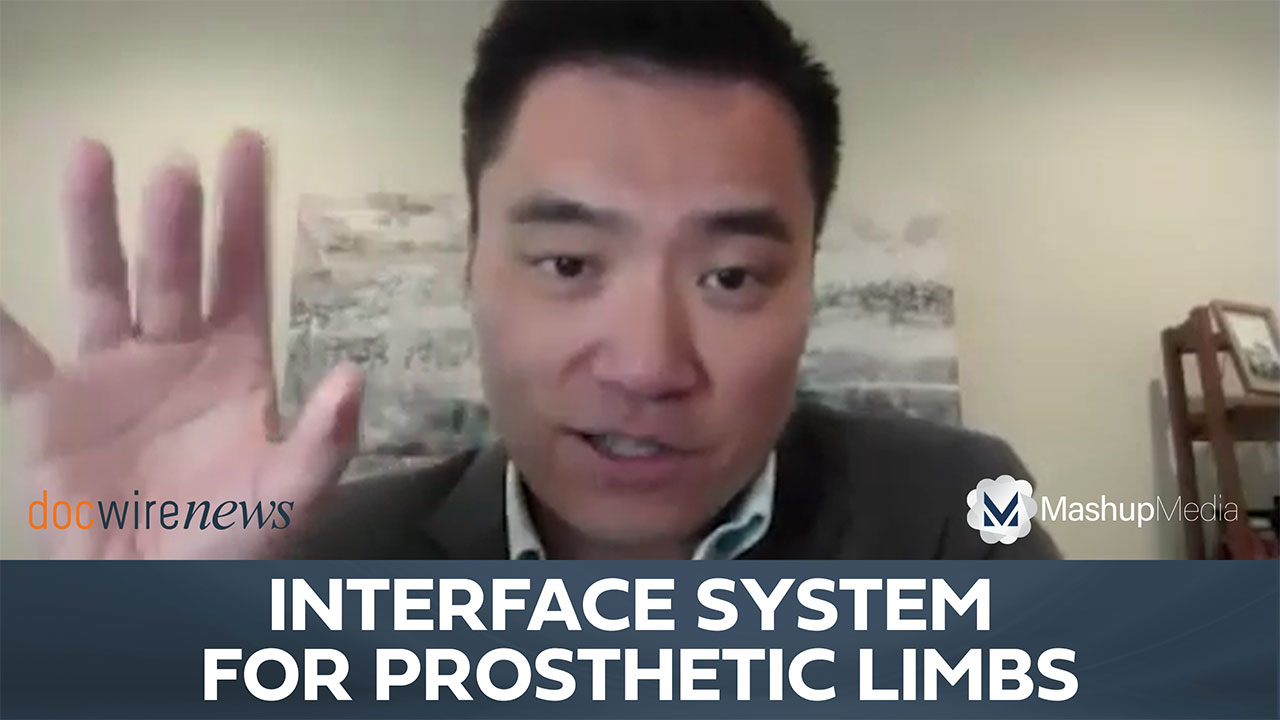
The use of an artificial intelligence (AI) algorithm can accurately distinguish between the voices of those with or without post-traumatic stress disorder (PTSD) with almost 90 percent accuracy, according to a study published in Depression and Anxiety.
PTSD is typically diagnosed based on the results of clinical interviews or self-reports. However, these approaches are problematic as they are subject to under-and over-reporting of symptoms. To develop an objective and precise diagnostic modality, the researchers designed what they described as a “classifier of PTSD based on objective speech-marker features that discriminate PTSD cases from controls.”
To conduct this study, researchers obtained speech samples from 129 warzone-exposed veterans, of which 52 experienced PTSD along with 77 controls, and assessed them using the Clinician-Administered PTSD Scale (CAPS). Any veterans with major depressive disorders (MMD) were excluded from this study. The researchers used audio recordings and clinical interviews to procure 40,526 speech features which were subsequently inputted to a machine learning technique called random forest (RF) algorithm. These machine learning techniques possess the capacity to learn how to classify individuals based on given examples.
AI Tool Exhibits Diagnostic Precision
The selected RF used 18 speech features and the receiver operating characteristic curve had an area under the curve (AUC) of 0.954. Youden’s index was 0.787, with a probability of PTSD of 0.423, and an overall classification accuracy rate was 89.1%. Moreover, the probability of PTSD was higher for markers that indicated slower, monotonous speech, and less variation in tonality less change in tonality, and activation. The results also suggest that depression symptoms, alcohol use disorder, and traumatic brain injury (TBI) failed to meet statistical tests to be considered confounders.
Artificial intelligence can diagnose PTSD by analyzing voices https://t.co/Q6XYwsjfzo #ai #ml #dl
— AI News Feed (@AINewsFeed) April 22, 2019
“Our findings suggest that speech-based characteristics can be used to diagnose this disease, and with further refinement and validation, may be employed in the clinic in the near future,” says senior study author Charles R. Marmar, MD, the Lucius N. Littauer Professor and chair of the Department of Psychiatry at NYU School of Medicine, in a press release.
In the future, the research team aims to train the AI voice tool by providing more data for it learn from, and they hope that studies on an independent sample will further elucidate their findings. They also plan to apply for government approval to use this AI tool in a clinical setting.
The study’s lead author, Adam Brown, PhD, said that “speech is an attractive candidate for use in an automated diagnostic system, perhaps as part of a future PTSD smartphone app, because it can be measured cheaply, remotely, and non-intrusively.”
https://twitter.com/TheSciencePlug/status/1120567626529497088
Artificial intelligence can diagnose PTSD by analyzing voices https://t.co/swGL5vbuS9 | #ArtificialIntelligence #AI #PTSD #voice #diagnostics #digitalhealth #HealthTech #neurology #neurodiagnostics #neurotech #innovation
— Medical Device Guru LLC (@MedDevGuru) April 24, 2019
Source: Depression and Anxiety, EurekAlert







 © 2025 Mashup Media, LLC, a Formedics Property. All Rights Reserved.
© 2025 Mashup Media, LLC, a Formedics Property. All Rights Reserved.